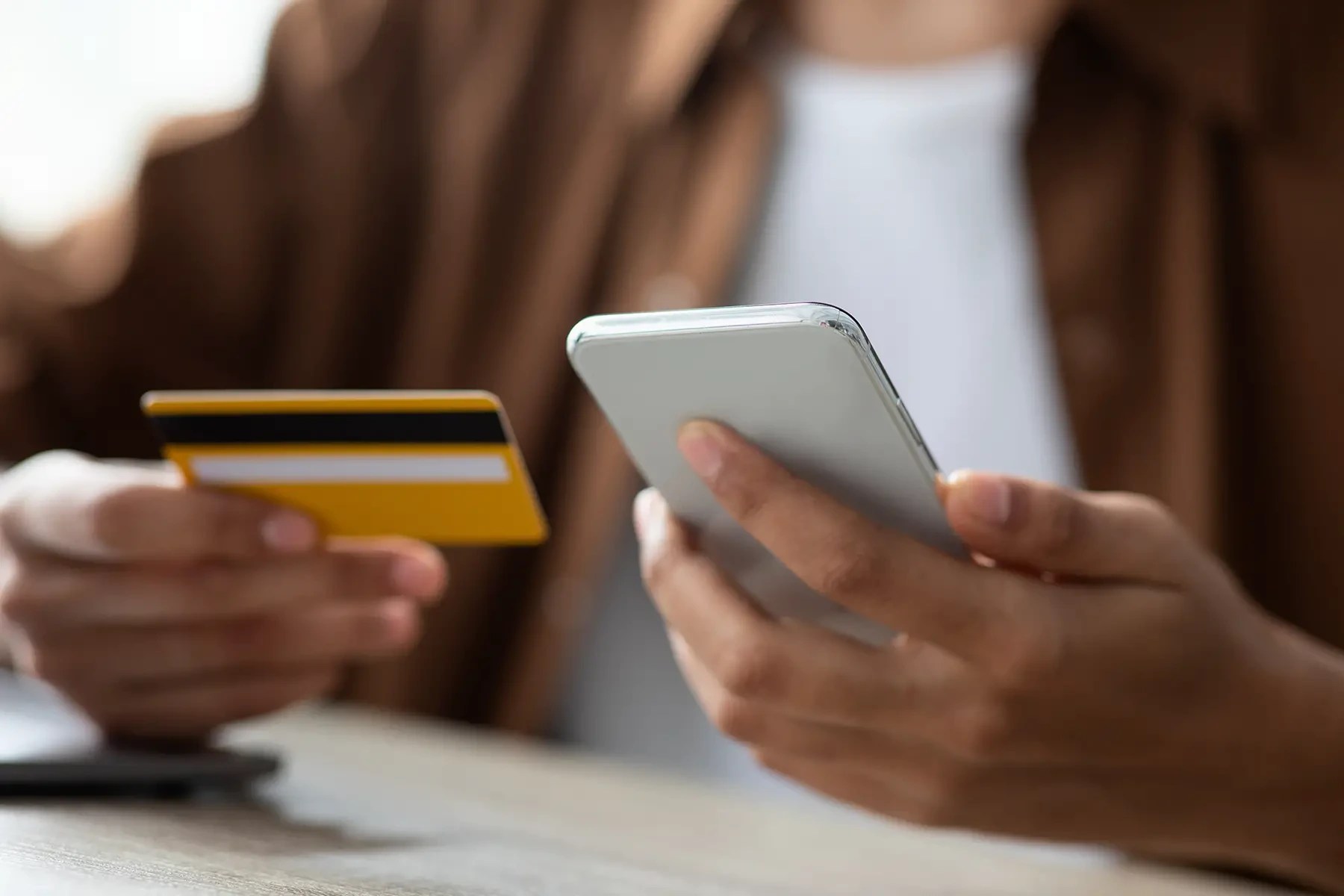
Online banking is rapidly expanding across Africa, offering convenience and accessibility to millions. From Kenya’s M-Pesa to Ghana’s fast-growing mobile money services, people are embracing online transactions for convenience, speed, and flexibility.
This evolution is creating a more inclusive financial environment, where banking is no longer limited to physical branches.
Yet, with this rapid adoption comes increased risk. Cybercriminals are exploiting the growing number of online banking users through phishing scams, SIM swap attacks, and fake banking applications.
Poor cyber hygiene, such as the use of public Wi-Fi and less secure passwords, often makes it easier for criminals to gain unauthorized access to our accounts. These threats are becoming more frequent, costing individuals and businesses significant financial losses.

Common Online Banking Threats in Africa
- Online scams and phishing: According to INTERPOL’s Africa Cyberthreat Assessment Report 2025, online scams and phishing are the most prevalent cyber threats in Africa. Cybercriminals create convincing phishing emails or SMS pretending to be your bank or create a fake platform that looks similar to your bank to appear legitimate and gain trust. That way, they can easily get access to your banking credentials and steal your money.
- Banking trojans and stealers: Another threat on INTERPOL’s list is banking trojans and stealers. They are malicious software designed to secretly gain access to a person’s device and steal sensitive data, such as banking credentials, session tokens, and sensitive financial data. They mostly spread through emails or fake banking apps. Once they land on your device, it can be difficult to detect them as they operate with stealth.
- Identity theft: Once someone has access to your banking credentials, even your bank has little to do because they assume the rightful person is entering the account or transferring funds. That’s identity theft; someone pretends to be you with the appropriate validation credentials.
- Insider threats: These are threats pertaining to employees or bank officials with authorized access, where they misuse their privileges to steal sensitive information, commit fraud, or perform unauthorized transactions. For instance, in Ghana, staff involvement in fraud in the financial sector rose by 33% in 2024.
- SIM-swap fraud: SIM-swap fraud occurs when criminals trick a mobile provider into transferring a victim’s phone number to a new SIM card. Using stolen personal details, they impersonate the victim and gain control of their calls, SMS, and one-time passwords. This access allows them to bypass security checks, reset account credentials, and steal funds from bank or mobile money accounts.
Financial Impact of Online Banking Threats in Africa
The South African Banking Risk Information Centre (SABRIC) in its Annual Crime Statistics for 2024, revealed that fraud in digital banking surged by 86% compared to figures in 2023 and resulted in R1.888 billion monetary losses.
In Ghana, fraud cases in the Payment Service Provider (PSP) sector rose by 7% in 2024, according to the Bank of Ghana’s report, leading to GH¢19 million financial losses.
A staggering N52.26 billion was lost due to fraud in the financial sector of Nigeria in 2024.
These figures reflect the hidden reality of cybercrime and its impact on our finances and daily lives. While online banking provides convenience and financial inclusion, it also exposes users to significant risks. These risks, however, can be minimized through vigilance and strong security practices.
10 Safe Online Banking Tips for Africans
1. Use strong, unique passwords: Create complex, unique passwords for each banking account. This reduces the risk of unauthorized access if one password is compromised.
2. Enable two-factor authentication (2FA): Add an extra verification step during login. This protects your account even if your password is stolen.
3.Update your banking apps and devices regularly: Install updates promptly to fix known security flaws that attackers could exploit.
4. Avoid using public Wi-Fi for banking: Hackers can intercept your data on unsecured networks. Use mobile data or a VPN instead.
5.Verify bank communication sources: Always confirm messages or calls claiming to be from your bank. Fraudsters often impersonate banks to steal credentials.
6. Monitor your account activity frequently: Regularly check statements to detect unauthorized withdrawals or suspicious transactions early.
7. Log out after every banking session: Especially on shared or public devices, logging out prevents others from accessing your account.
8. Use only official banking apps or websites: Download apps from trusted sources to avoid fake platforms designed to harvest login information.
9. Limit sharing personal banking information: Do not post or share sensitive details on social media or unsecured platforms to avoid identity theft.
10. Report suspicious activities immediately
Contact your bank as soon as you notice irregularities. Quick reporting can stop fraud before losses escalate.
What to Do If You Become a Victim
- Contact your bank immediately to block transactions.
- Change your banking passwords and enable stronger security measures.
- Report the incident to your local cybercrime unit.




